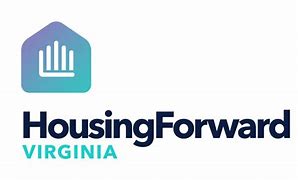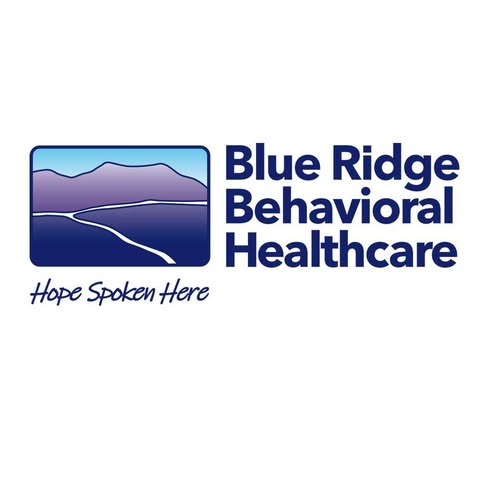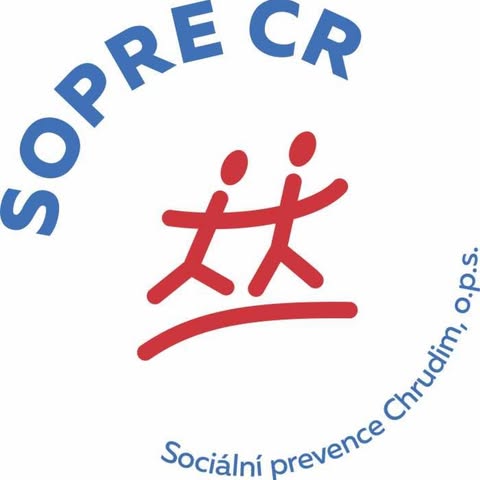
Blue Ridge Independent Living Center | Assisting people with disabilities to live independently.
541504286
1989
Roanoke, VA 240125125
brilc.org
brilcinc
3646897
Podobné organizace
Blue Ridge Behavioral Healthcare Inc |
|
Roanoke Mental Hygiene Service Inc |
|
The Charles Lea Center Inc |
|
Blue Ridge Area Foundation Inc |
|
Blue Ridge Opportunity Commission Inc |
Podobné organizace global
COMMUNITY CARE FOR CENTRAL HASTINGS |
|
INDEPENDENT LIVING CENTRE LONDON AND AREA |
|
COMMUNITY LIVING CENTRAL YORK |
|
BELLWOODS CENTRES FOR COMMUNITY LIVING INC. |
|
TERRACE & DISTRICT COMMUNITY SERVICES SOCIETY |
Podobná návštěvnost
Sportovní klub OAZA Praha |
|
Bezobaláč, z. ú. |
|
Sociální služby Praha 9, z.ú. |
|
Spolek BeMama |
|
Tělovýchovná jednota Bohemians Praha |
Podobně sociální sítě (657)
"Centrum Slunečnice o.p.s."659 |
|
Český spolek dvouplátkových nástrojů660 |
|
SKI KLUB Valašské Meziříčí, z.s.660 |
|
Florbal Jirkov z.s.659 |
|
Škola Taekwondo ITF Silla z.s.658 |
Více
ÚSVIT - zařízení SPMP Havlíčkův Brod z.ú.Havlíčkův Brod |
|
Sociální pohoda, o.p.s.Vacov |
|
Ječmínek, o.p.s.Žďár nad Sázavou |
|
Ruka pro život o.p.s.Praha |
|
SOPRE CR o. p. s.Chrudim |
Novinky

*** Breaking up is hard to do (when you can’t afford housing) *** . State laws and lack of housing make divorce worse, especially for low-income women. A new legal analysis reveals how procedural barriers in Virginia’s family courts create cascading housing crises—and why affordable housing advocates should pay attention. Divorce isn’t just a personal matter—it’s a housing crisis waiting to happen. When one household splits into two, housing costs immediately double. For low-income families already stretched thin, this financial reality can trigger a full-scale housing emergency. But here’s the problem: Virginia’s divorce laws make that crisis worse. A recent law review article by George Washington University’s Professor Laurie Kohn exposes how our state’s divorce procedures trap families in legal—and housing—limbo for months or even years. The research reveals a system that’s particularly devastating for low-income women and their children. The Virginia Problem While fault-based divorces that involve adultery, cruelty, desertion, or a felony conviction can lead to immediate divorce filings, it falls upon the victim to prove wrongdoing. These efforts can not only be costly but in the case of emotional or psychologically abusive situations can be difficult to build a case on. The alternative is often trying to seek a no-fault divorce. But under Virginia Code § 20-91, couples seeking no-fault divorce must live “separate and apart” for six months to one year before they can even file paperwork. During this extended separation period, families face impossible choices. As a married couple, you could easily afford a mortgage or rent. But now, on your own, affording rent could be next to impossible. The situation could be made worse by an uncooperative spouse. Others may even find themselves legally unable to access assistance because means-tested programs (e.g., Supplemental Nutrition Assistance Program , Housing Choice Vouchers, etc.) still count their estranged spouse’s income. Consider “Tonia” from Kohn’s study—trapped in a one-bedroom efficiency apartment with her estranged husband for years because she couldn’t afford to move out and start the legal separation clock. When she finally did move, her husband stopped paying rent on their shared lease, leaving her responsible for $24,000 in back rent by the time their divorce was finalized. Why Housing Advocates Should Care These aren’t isolated cases. The research shows that procedural delays in family court create predictable patterns of housing displacement, particularly affecting: • Low-income women, who are more likely to have primary custody and less access to family finances; • Children, who experience housing instability during the most vulnerable periods of family transition; and • Communities, where prolonged family court cases strain emergency housing resources. The intersections run deeper than individual hardship. When Virginia’s divorce laws prevent people from accessing their legal status quickly, they also prevent access to: • The ability to independently qualify for leases and mortgages. • Housing Choice Vouchers and other rental assistance programs; • Eligibility for affordable housing lotteries as single-person or single-parent households; and • The ability to independently qualify for leases and mortgages. Upstream Issues are Downstream Housing Issues Professor Kohn’s research suggests several reforms that could reduce housing displacement: • Eliminate excessive waiting periods that serve no protective purpose • Create expedited processes for cases involving housing emergencies • Adapt court procedures to recognize the urgent nature of family housing crises For Virginia’s affordable housing community, this research highlights how legal barriers compound housing challenges. When we advocate for more affordable units, we should also consider how other systems—like family courts—can either support or undermine housing stability. The Bottom Line Virginia’s divorce laws weren’t designed with housing affordability in mind. But their impact on housing access is undeniable. As we work to expand affordable housing opportunities, we must also examine how procedural barriers in other systems create unnecessary displacement and instability. Housing security isn’t just about having enough units—it’s about removing all the barriers that keep families from accessing the stability they need. The post Breaking up is hard to do (when you can’t afford housing) appeared first on HousingForward Virginia. (fb)

*** August K/Now! - CONVENTION LAST CALL! *** . Each year, our statewide convention is a time to come together — to learn, connect, and re-energize our vision for inclusion. This year carries special meaning. We will be honoring the journey of Virginia’s disability movement, reflecting on the decades of advocacy that brought us here. Through stories, historic moments, and lived experiences, we will trace the progress of a movement built on resilience: families who never gave up, self-advocates who spoke truth to power, and allies who challenged barriers and opened doors to inclusion. This reflection will culminate in our Special Recognition Dinner, where we honor the collective commitment that made lasting change possible. With the transition of the U.S. Department of Justice Settlement Agreement to a permanent injunction, we mark a historic milestone. Together, we will celebrate the tireless advocacy, courageous storytelling, and steadfast belief that people with developmental disabilities deserve to live fully included lives in their communities. We will recognize the essential roles of self-advocates, families, allies, the DOJ, and the Commonwealth in achieving this milestone together. As we look back, we also look ahead — to a future shaped by the same determination and hope that carried us here. I invite you to join us in this moment of remembrance, recognition, and renewal. (fb)

Poslední komentáře
So inspired by the mission of Blue Ridge Independent Living Center! 🌟 It's amazing to see how they empower individuals with disabilities to live independently. Keep up the great work!detail |
|
Just donated to Blue Ridge Independent Living Center! Every little bit helps support their vital programs and makes a difference in our community. Let's all pitch in to create a more accessible world! 💙detail |
Poslední diskuze
What innovative strategies can NGOs like Blue Ridge Independent Living Center implement to enhance community awareness and support for individuals with disabilities?Odpovědí: 3, Naposledy před 1 den detail |
|
How can we improve accessibility in public spaces to better accommodate the needs of individuals with disabilities in our region?Odpovědí: 3, Naposledy před 1 den detail |
V okolí
11
4.5
Roanoke
O společnosti
- P73Z -
5403421231 or VA Relay 711 DONATE Our Mission The Blue Ridge Independent Living Center assists people with disabilities to live independently. The Center also serves the community at large by helping to create an environment that is accessible to all. The Center established in July 1989 is a private nonprofit community agency with nonresidential programs. Support for service is received from state and federal sources and donations from regional businesses and individuals.
























